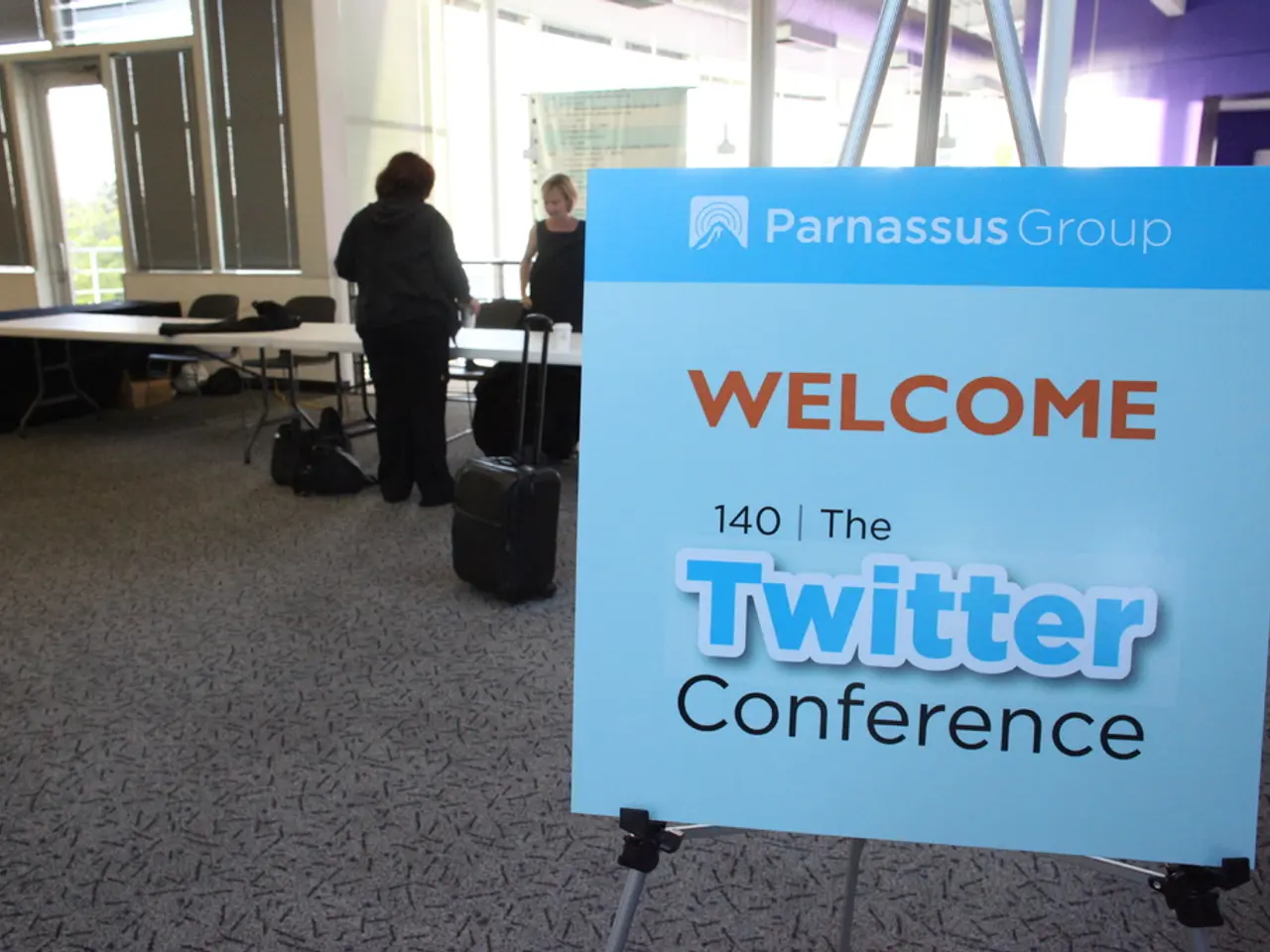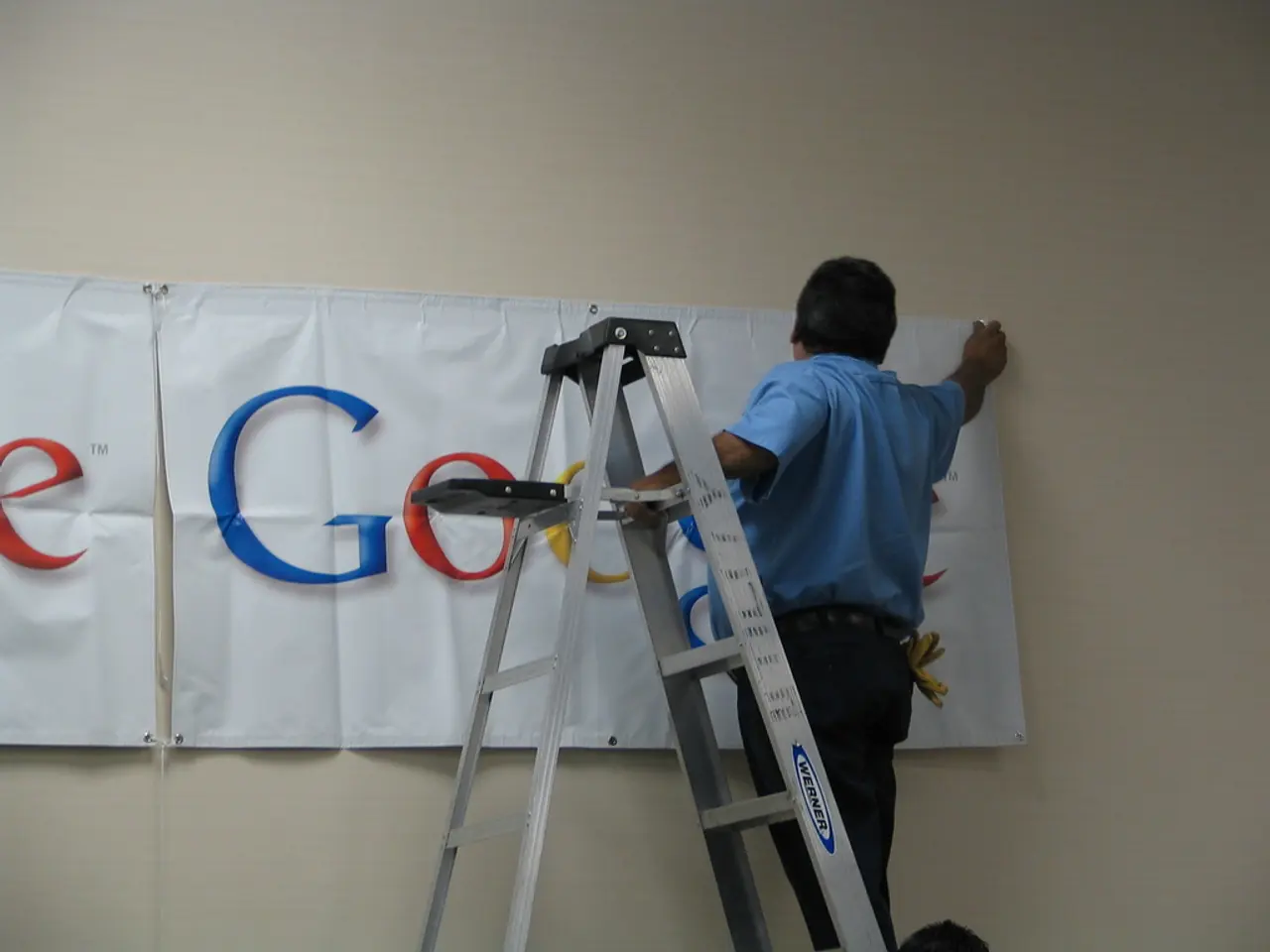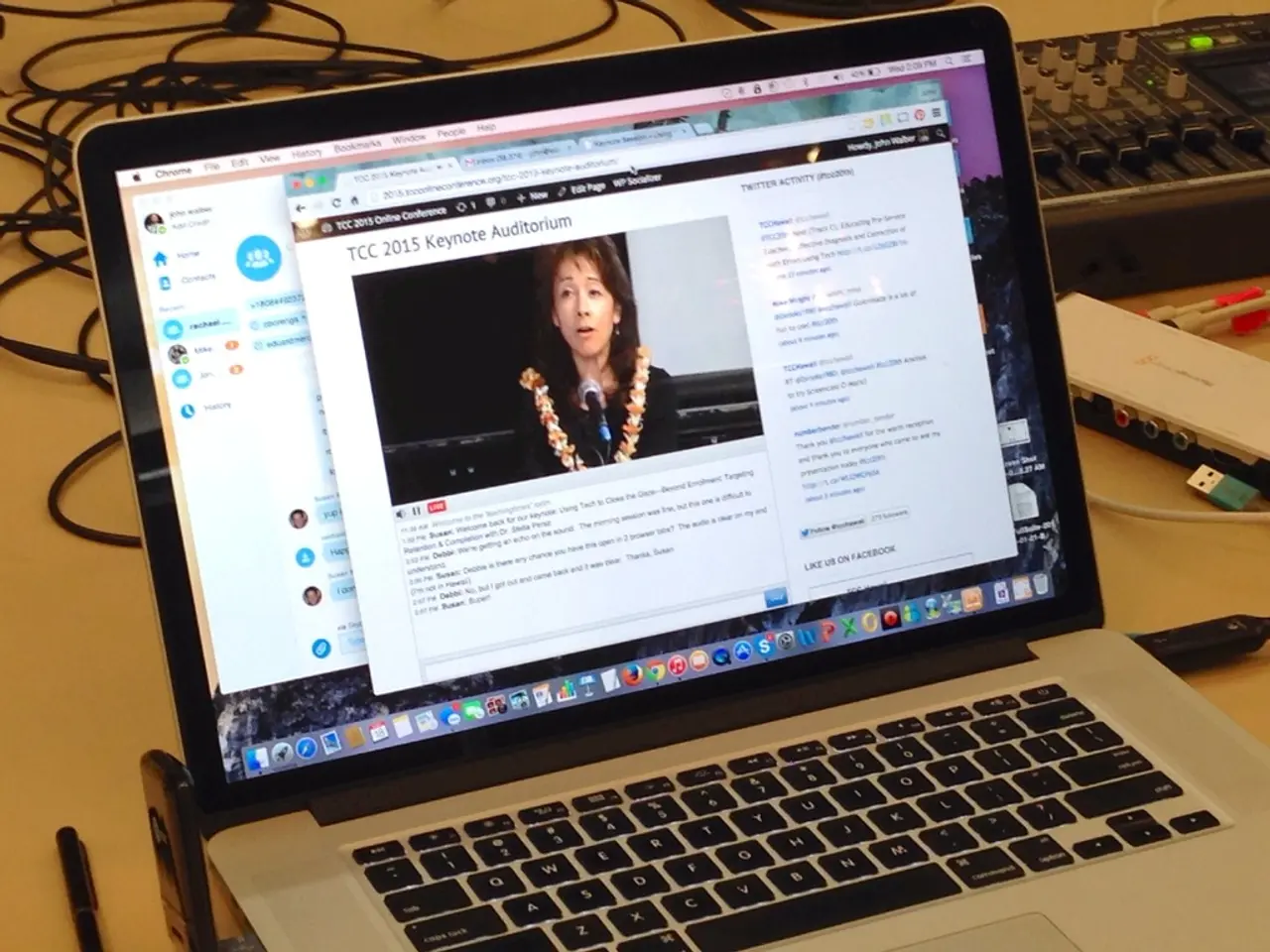Utilizing Social Media for Instant English Language Exercises
In the digital age, social media platforms have emerged as a dynamic and engaging resource for English learners, offering numerous benefits that set them apart from traditional learning methods.
Twitter, for instance, provides an opportunity for learners to engage with succinct, concise English posts and even participate in trending hashtags related to English learning. Platforms like Medium, Quora, or WordPress offer spaces for learners to publish articles, share stories, or showcase their writing prowess, receiving feedback from readers to identify areas needing improvement.
Social media platforms like Twitter, Reddit, Facebook, and Clubhouse host conversations where learners can interact with native speakers or others learning the language. Facebook's algorithm can expose learners to language-focused pages which regularly update impactful English content. Platforms like Clubhouse and Twitter Spaces enrich the learning experience through audio conversations, encouraging learners to engage directly with speakers or listeners.
Quora is a question-and-answer platform where users can engage with a global audience, articulating responses clearly and concisely in English. Interacting with non-native English speakers on social media is beneficial for learning, as both parties actively engage by correcting mistakes and sharing new knowledge. Language exchange groups on Facebook, LinkedIn, or Reddit provide a platform for learners to connect with native speakers and fellow learners, aiding in the acquisition of idiomatic expressions, colloquialisms, and the nuances of conversational English.
The main advantages of using social media for English practice compared to traditional learning methods are real-time interaction, increased engagement, flexibility, and access to diverse resources and communities.
Social media enables learners to engage in live conversations, receive immediate responses, and practice English in practical, real-world contexts, unlike many traditional methods which can be slower or less interactive. Learners can practice English organically as part of their routine social media use, making learning less rigid and more cost-effective than structured classroom settings.
Platforms provide vast amounts of real-world language input including videos, podcasts, posts, and discussions that enhance vocabulary, grammar, and communication skills across different genres and contexts. Social media groups or closed forums often create a pressure-free environment for language practice, which can reduce learners' stress and boost confidence.
Social media’s interactive features foster collaboration, creativity, and critical thinking, making learning more enjoyable and motivating than traditional textbook-centered approaches. Through videos, subtitles, live chats, and multimedia, learners benefit from combining auditory, visual, and textual inputs, supporting varied learning styles.
Compared to traditional learning, social media offers a dynamic, learner-centered approach with immediate social interaction, greater motivation, and diverse, authentic use of English in global contexts.
In summary, social media offers a rich and diverse landscape for English learning, providing real-time practice and feedback, flexibility, access to authentic, diverse content, supportive, low-pressure communities, enhanced engagement and creativity, and multimodal learning opportunities. These factors make social media a strong complementary or alternative tool for English learning beyond traditional methods.
[1] González-Lloret, M., & Pérez-Paredes, J. (2012). The Use of Social Networking Sites for Language Learning: A Review of the Literature. Computers & Education, 58(2), 578-590.
[2] Warschauer, M., & Kern, G. (2000). Computer-mediated communication and second language learning. Annual Review of Applied Linguistics, 20(1), 219-243.
[3] Thorne, S. E. (2003). Second Language Acquisition and Computer-Mediated Communication: A Review of the Literature. The Modern Language Journal, 87(1), 4-21.
[4] Warschauer, M., & Healey, D. (1998). Computer-mediated communication and second language learning. Language Learning & Technology, 2(2), 183-216.
[5] Warschauer, M., & Kern, G. (2000). Computer-mediated communication and second language learning. Annual Review of Applied Linguistics, 20(1), 219-243.
- Business English phrases can be learned through various language-focused groups on platforms like LinkedIn, offering learners the opportunity to interact with professionals and expand their knowledge of professional lingo in a real-world context.
- For those interested in lifestyle, fashion-and-beauty, technology, and entertainment, engaging with English influencers on social media provides a platform to learn idiomatic expressions and colloquialisms used in these specific domains.
- Utilizing technology such as Twitter Spaces or Clubhouse can immerse English learners in audio conversations, enabling them to practice listening skills and improve pronunciation, essential for mastering the English language in the digital age.




